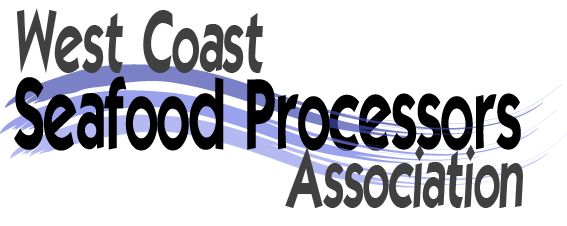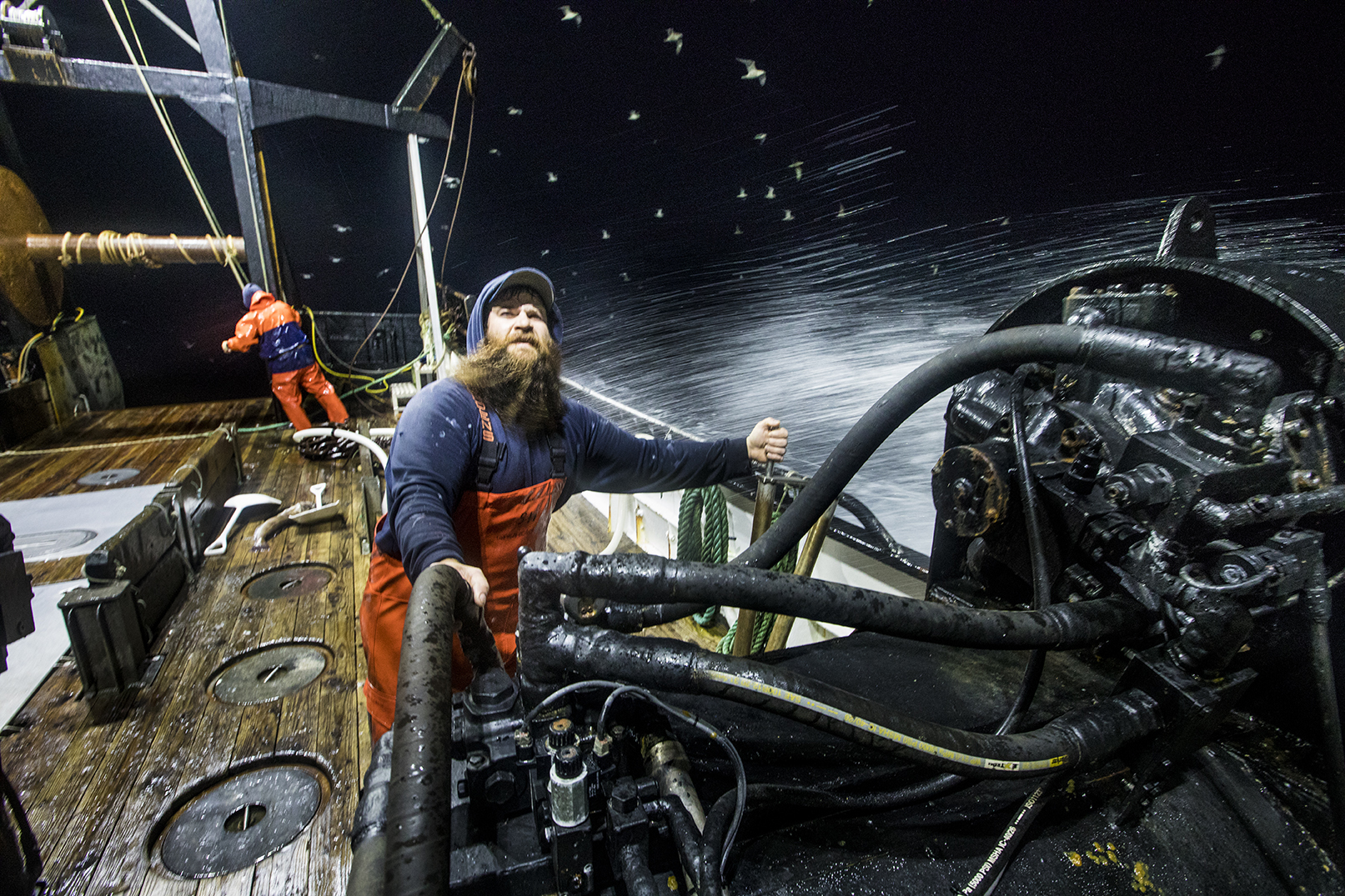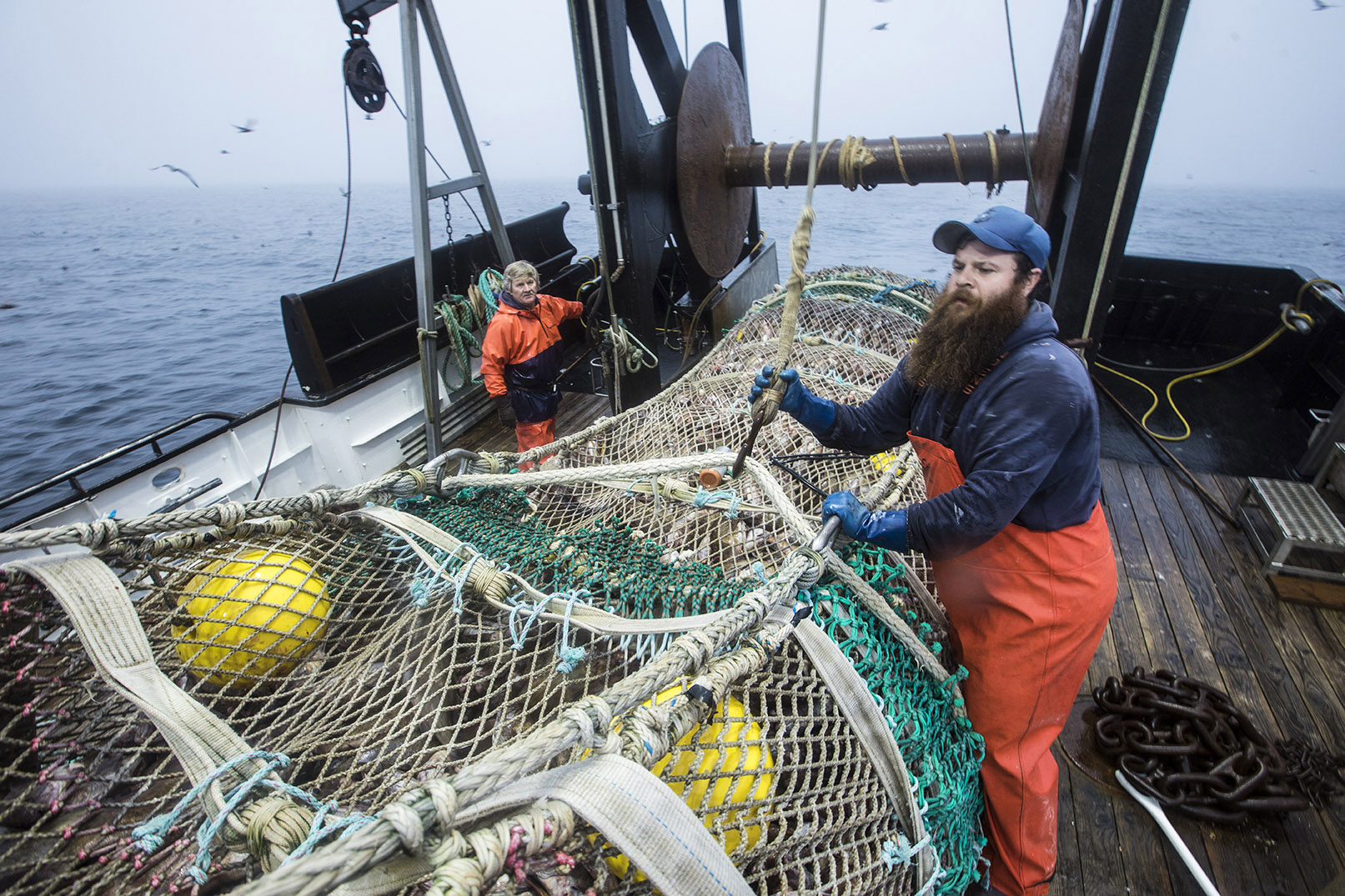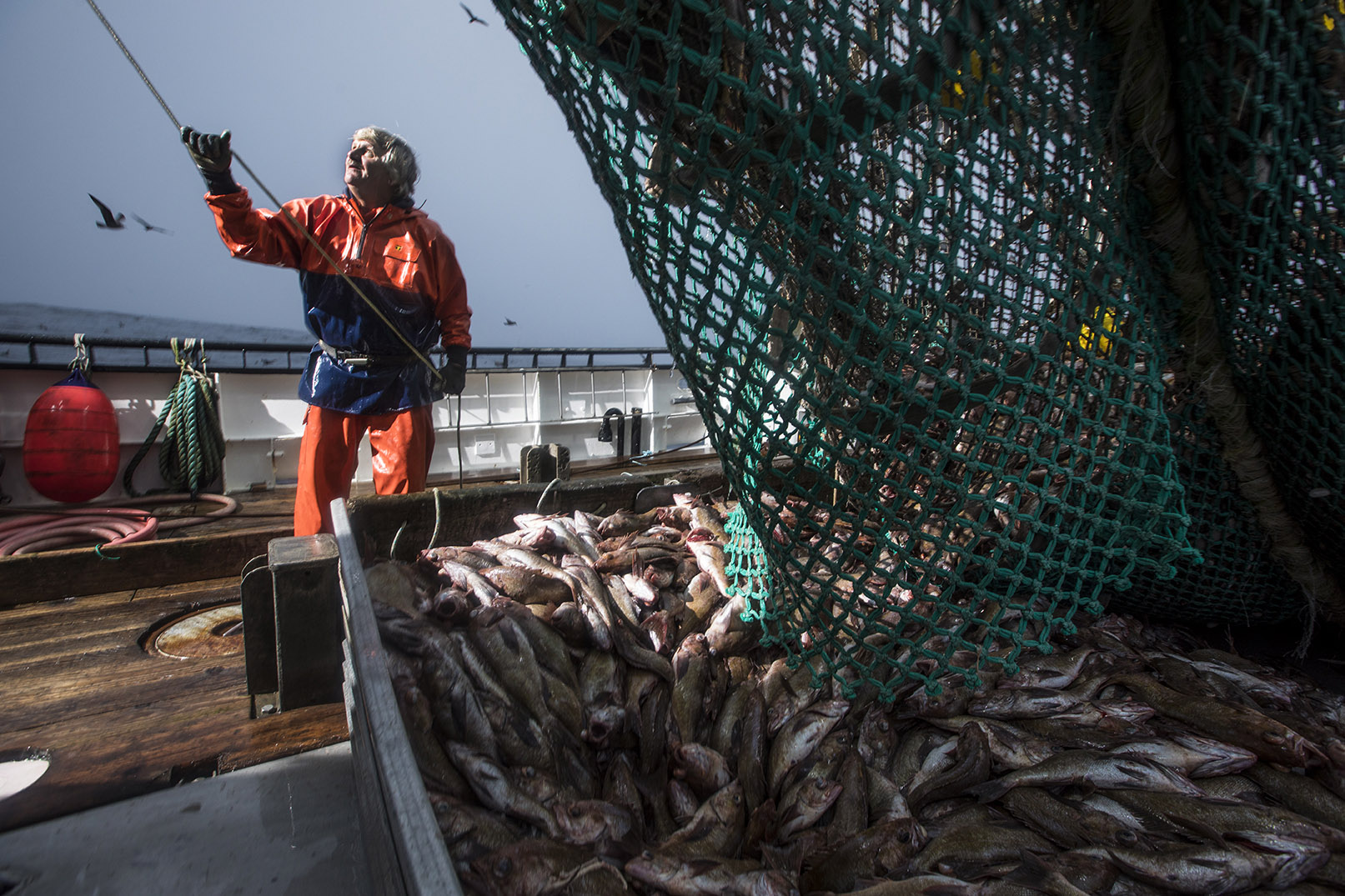PORTLAND, OR / ACCESSWIRE / February 12, 2019 / The following was released by the West Coast Seafood Processors Association:
An exempted fishing permit (EFP) program allowed West Coast trawl fishermen and processors to test changes in the fishery that increased their catch by more than 14 million pounds of fish in 2018 - an increase of 300 percent from 2017.

NOAA Fisheries issues EFPs, exempting vessels from certain regulations on a trial basis to promote the testing of new gear types or methods, allow industry to work cooperatively with the government and contribute to the scientific knowledge of the fishery and potential changes in regulations. Participating fishermen are able to harvest millions of pounds of delicious and abundant rockfish, allowing processors to stock retail markets and provide consumers with fresh, sustainable product - all with minimal bycatch of sensitive salmon stocks and certain fish species that aren't as robust. Fishing under the EFP brought in about $5.5 million in additional revenue in 2018, according to National Marine Fisheries Service statistics.
The EFP program built on success from a similar permit in 2017, and we are off to a running start with this year's EFP: More than 1 million pounds of groundfish have been landed under the EFP in January. Last year, non-whiting groundfish landings, at more than 66 million pounds, were the highest since the 2000 groundfish disaster when roughly 68 million pounds were landed. The average in the intervening years was around 45 million pounds and the low point was around 38 million pounds. When whiting is included, 2018 landings are the second highest on record, eclipsed only by 2017.

Rockfish fishing by John Rae OR-10: Fishermen aboard the F/V Miss Sue, out of Newport, Ore., participate in a midwater rockfish exempted fishing permit (EFP) in October 2017. The EFP has allowed fishermen and processors to renew rockfish retail markets, creating jobs for coastal communities.
Photo credit: John Rae
The EFPs follow NOAA Fisheries' 2011 adoption of a catch share program for the West Coast groundfish fishery that substantially reduced discards of fish. Catch limits for several rockfish species have also increased dramatically. NOAA Fisheries and the Pacific Fishery Management Council worked with industry to identify regulations on the use and configuration of trawl gear that were no longer necessary under catch shares.
The seafood industry was anxious to remove gear restrictions as the health of groundfish stocks improved, and because it would help assess potential impacts to salmon and other protected species. Lori Steele, executive director of the West Coast Seafood Processors Association; Brad Pettinger, former director of the Oregon Trawl Commission; Shems Jud, Pacific Regional Director, Oceans Program, Environmental Defense Fund; and Mike Okoniewski of Pacific Seafood; first applied for the EFP in 2016.
"We were eager for groundfish vessels to take advantage of healthy stocks and high quotas as quickly as possible while being sensitive to the need to minimize interactions with salmon and other protected species; NMFS stepped up and helped us design this EFP to provide fishing opportunities and collect important information the agency needed," Steele, also the EFP coordinator, said.

Rockfish fishing by John Rae OR-8: Fishermen aboard the F/V Miss Sue, out of Newport, Ore., bring a cod end of midwater rockfish aboard while participating in an exempted fishing permit (EFP) in October 2017. The EFP has allowed fishermen and processors to renew rockfish retail markets, creating jobs for coastal communities. Photo credit: John Rae
NOAA Fisheries was amenable to developing an EFP that would allow the industry to catch more fish while also providing insight into how regulatory changes would actually work with a subset of vessels before they were implemented throughout the entire fishery. NOAA Fisheries used data gathered from the 2017 and 2018 EFPs to permanently revise the trawl gear regulations for the start of the 2019 fishing year.
"The EFP provided the fishing community the flexibility to benefit from the rebound in many West Coast rockfish stocks, while continuing to protect those stocks and other vulnerable species such as salmon that need it," said Ryan Wulff, Assistant Regional Administrator for Sustainable Fisheries in NOAA Fisheries' West Coast Region. "The results were just as we hoped: a more productive fishery, increased revenue, and improved regulatory flexibility for the fleet."
Now, with the third year of the EFP program just getting under way, more than a dozen groundfish fishermen are filling their fish holds, processors are hiring workers and the government is getting much-needed information about the impacts of adjusting gear regulations. While the seafood industry worked hard to regain its foothold in markets and provide the public with fresh West Coast rockfish on menus and in stores, it was possible only because NMFS worked with industry to issue the EFPs. It's a win-win-win-win. And based on the EFP results thus far, the future is looking bright for the groundfish fishery.
"This EFP has been a remarkable success - millions of pounds of sustainable rockfish landed with almost no bycatch," Jud said. "NMFS' recent adoption of changes to trawl gear regulations will enshrine some of the benefits of the EFP, securing greater revenue for fishermen and processors and more abundant rockfish on menus and in seafood markets for consumers to enjoy."

Rockfish fishing by John Rae OR-7: Fishermen aboard the F/V Miss Sue, out of Newport, Ore., empty a cod end of midwater rockfish while participating in an exempted fishing permit (EFP) in October 2017. The EFP has allowed fishermen and processors to renew rockfish retail markets, creating jobs for coastal communities. Photo credit: John Rae
Of course, big projects like this one aren't done in a vacuum. The applicants credit both NOAA Fisheries and the West Coast lawmakers for getting the EFP approved.
"This EFP shows the value of diverse collaboration for solving complex issues," Okoniewski said. "The genesis for the EFP originated in a conversation among [NMFS West Coast Regional Administrator] Barry Thom, Shems Jud, and me. Brad [Pettinger] became the data expert and adviser. The professional construction of the EFP itself was done by Lori who drove it across the finish line."
The support of 13 lawmakers was instrumental in getting the project started. Reps. Kurt Schrader, D-Ore.; Jaime Herrera Beutler, R-Wash.; Peter DeFazio, D-Ore.; Jared Huffman, D-Calif.; Derek Kilmer, D-Wash.; Denny Heck, D-Wash.; Greg Walden, R-Ore.; Earl Blumenauer, D-Ore.; Suzanne Bonamici, D-Ore; and Sens. Maria Cantwell and Patty Murray, D-Wash.; and Sens. Ron Wyden and Jeff Merkley, D-Ore., all signed a letter supporting the trawl gear changes.
"This EFP is a collaborative success amongst processors, fishermen, an ENGO and National Marine Fisheries Service that added millions to our fishermen's incomes, created processor jobs, and brought a great U.S. seafood item to the American consumer," Okoniewski said.
PRESS CONTACTS
Lori Steele: 503-227-5076; [email protected]
Shems Jud: 503-358-7053; [email protected]
SOURCE: West Coast Seafood Processors Association




